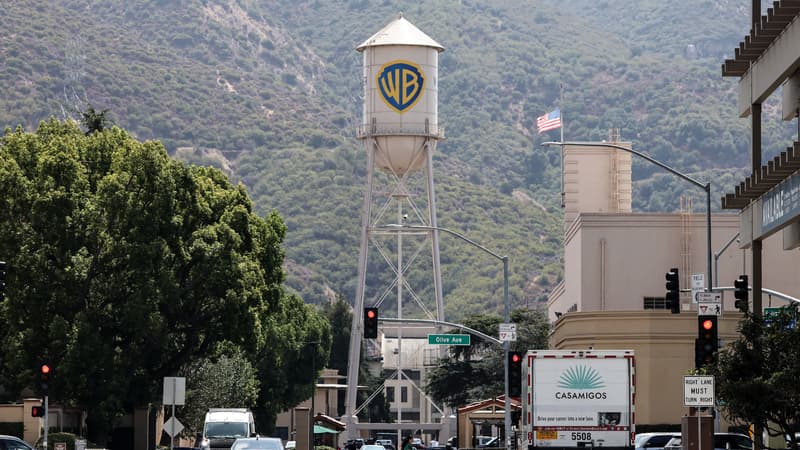After Paramount, it is Warner Bros. Discovery’s turn to officially react to the call to boycott Israeli film institutions launched last September by Film Workers for Palestine. The study warns against an initiative that it considers contrary to its fundamental values in a statement sent to Variety.
“Warner Bros. Discovery is committed to fostering an inclusive and respectful environment for our employees, collaborators and other stakeholders,” a spokesperson for the studio said.
“Our policies prohibit any form of discrimination, including discrimination based on race, religion, national origin or ancestry. We believe that a boycott of Israeli film institutions violates our policies.”
The entertainment giant specifies, however, that it respects “the rights of individuals and groups to express their opinions and defend causes,” while promising to adapt its business practices “to the requirements of our policies and the law.”
A movement that divides Hollywood
In September 2025, a number of industry figures, including Olivia Colman, Emma Stone, Mark Ruffalo and Javier Bardem, signed a petition published on the guardian in response to the Israeli offensive in Gaza, under the motto Film Workers for Palestine. The movement is explicitly inspired by Filmmakers United Against Apartheid, created in 1987 by Jonathan Demme and Martin Scorsese that demanded that the American industry refuse to distribute films in apartheid South Africa.
In their forum, these independent filmmakers, producers, critics and industry professionals pledge to avoid working with Israeli film institutions “implicated in genocide and apartheid against the Palestinian people.”
Film Workers for Palestine defines “complicity” to include “the cover-up or justification of genocide and apartheid, and/or association with the government that commits them.” The organization targets institutions such as the Jerusalem Film Festival, Haifa International Film Festival, Docaviv and TLVFest.
It specifies that Israeli citizens of Palestinian origin would not be subject to the same boycott, and “context-sensitive” guidelines would be applied to them. The group also insists that the boycott is not directed at Jewish or Israeli professionals individually, but at institutions considered complicit.
One month after the text was published, the number of signatories increased from 1,200 to 8,000 professionals. In response, more than 1,200 film professionals, including Liev Schreiber, Mayim Bialik and Debra Messing, signed an open letter rejecting the boycott, dividing Hollywood.
A boycott against the law?
Law associations on both sides of the Atlantic have warned that the boycott could violate equality laws, according to reports from Variety. The UK Lawyers for Israel group had warned firms, agencies and unions that this undertaking was against the law, particularly the Equality Act 2010, creating “a high risk of litigation”. This could also have implications for insurance and film financing.
In the United States, the Louis D. Brandeis Center for Human Rights Under Law in Washington also warned that “many federal and state civil rights laws clearly prohibit” this boycott.
In mid-September, Paramount became the first studio to react to the boycott. Melissa Zukerman, the studio’s communications director, said Paramount “disagrees with recent efforts to boycott Israeli filmmakers.”
“Silencing individual creative artists based on their nationality does not promote better understanding nor advance the cause of peace,” the communications director continued. “The global entertainment industry should encourage artists to tell their stories and share their ideas with audiences around the world. We need more engagement and communication, not less.”
Source: BFM TV


